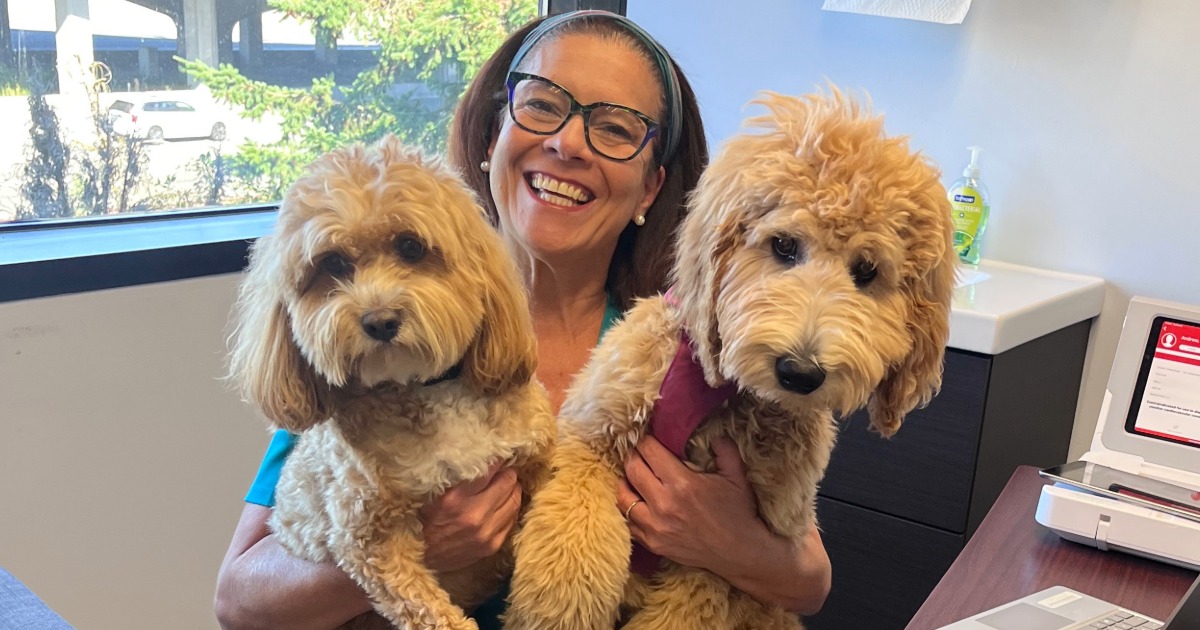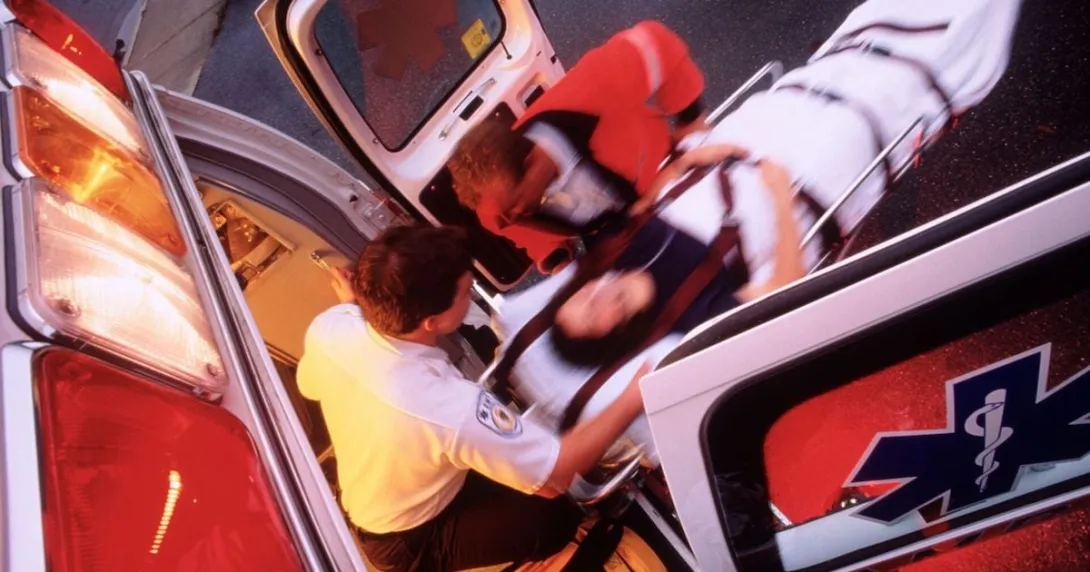
This past year, researchers at Children's Hospital of Eastern Ontario announced the development of a new artificial intelligence-enabled search algorithm that can help identify patients who might have a genetic disease they're not aware of.
By scanning the health system's EHR data, the tool can detect signs of an undiagnosed condition and recommend the kids for genetic testing where needed.
The goal of the AI tool, known as ThinkRare, is to connect patients and their families with the answers they're seeking and the care they need sooner – offering a more streamlined and effective path to personalized care.
"The ThinkRare algorithm is incredibly exciting and promising because it means we can help families find answers and get the care and support they need sooner," said CHEO Chief of Genetics Dr. Kym Boycott, who pioneered development of the model in 2024.
"This algorithm is a game-changer," she explained. "Using AI to scour CHEO's electronic health record based on set criteria, ThinkRare can accurately identify kids who may have an undiagnosed rare genetic disease and refer them to our clinic – something that may have never happened without it."
We spoke recently with two of Dr. Boycott's colleagues, who also worked on the ThinkRare tool, for some insights on how it was developed, where it might be headed, and how it could soon help other hospitals and health systems bring better care to their patients.
Here's what Alex White-Brown, genetic counselor at CHEO, and Ivan Terekhov, the health system's director of research informatics, AI and technology, had to say about the technology and the advancements of AI-enabled precision medicine.
Like what you hear? Subscribe to the podcast on Apple Podcasts, Spotify or Amazon Music.
Talking points:
- CHEO's experience with AI so far, and how it's being used in clinical settings
- How the health system is making personalized medicine a focus
- How the ThinkRare algorithm was conceived and developed
- How it's able to "search" CHEO's electronic health records
- Challenges related to data governance and IT infrastructure
- ThinkRare's promise and potential for patients
- How the project was shepherded from the research stage and into clinical practice
- How CHEO plans to expand its potential for other patients around the world
More about this episode:
How one pathologist AI assistant is improving oncology diagnostic results
Intelligent data abstraction helps improve breast cancer care
Getting genetic data into EHRs isn't easy, but one community hospital did it
How 'living medicines' help fight cancer and genetic disease
Mount Sinai launches new center aimed at AI-enabled pediatrics
HIMSSCast: The 'genetic revolution' is underway
How genAI and precision medicine will change healthcare in 2025


